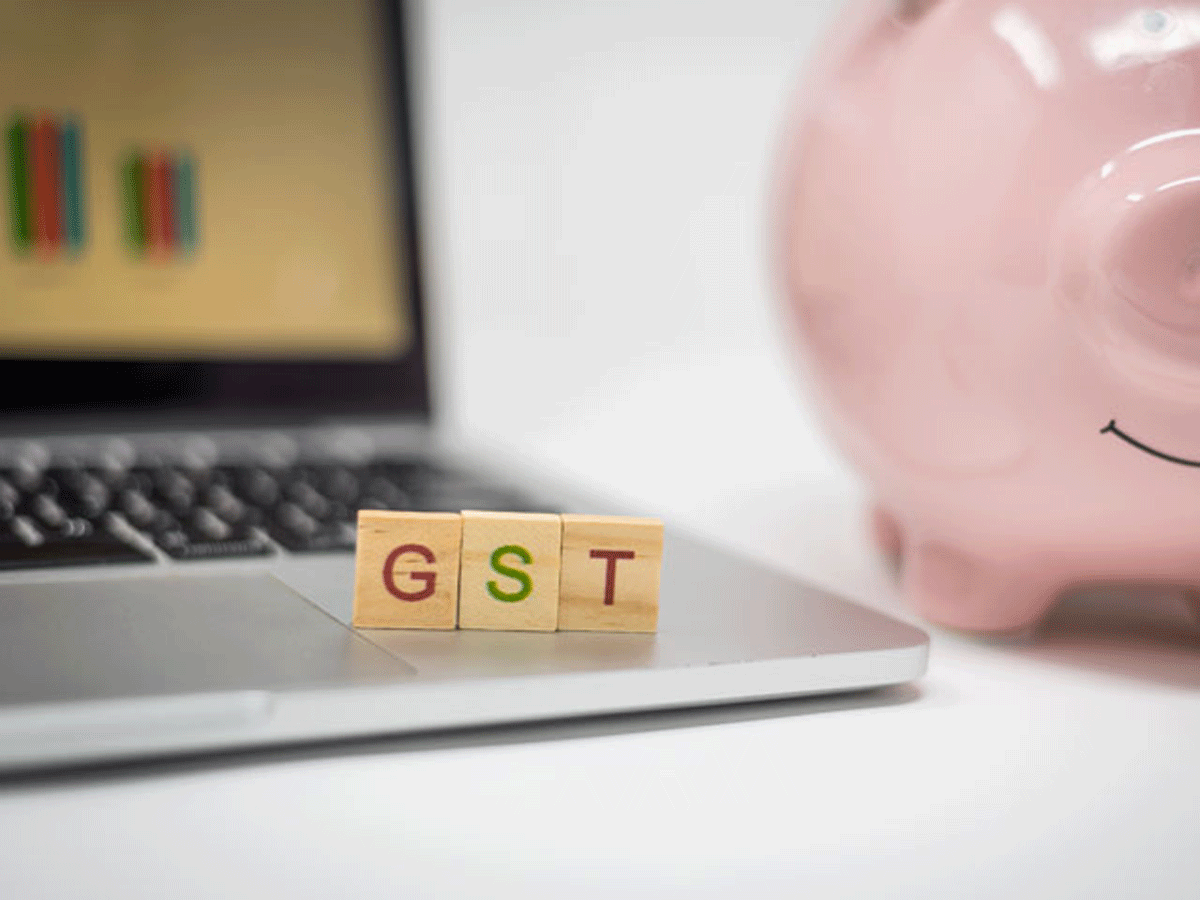NEW DELHI: Buoyed by festival demand and better compliance, goods and services tax (GST) collections rose 6% in November to top Rs 1.03 lakh crore — the highest since April. Monthly collections in November were the third highest since the transition to the new indirect tax regime in July 2017.
The previous highs were witnessed in April 2019 (nearly Rs 1.14 lakh crore) and March 2019 (over Rs 1.06 lakh crore). But the mop-up grew 3.7% during April-November, compared to the annual target of 13%, prompting officials to suggest that the shortfall in collections could be of the order of Rs 1.5 lakh crore.
“While increase in collection is encouraging, it’s difficult to read too much into the collection for one month, particularly because October was also a month of festivals. We need to see what’s the trend. The government has taken steps in the right direction by simplifying the compliances, going after the tax evaders by more efficient use of technology/data analytics and not falling for temptation of increasing the tax rates. These efforts, coupled with introduction of e-invoicing from next year should lead to gradual increase in GST collections as well, though it would also depend upon overall economy,” said Pratik Jain, who leads the indirect tax practice at consulting firm PwC.
Data released on Sunday suggested that domestic demand — manifested in central and state GST collections — was strong, but an over 13% fall in integrated GST on imports exerted pressure on overall collections. Higher automobile and white goods sales ahead of Diwali helped collections with the government hoping that good monsoon and rural demand will come to its rescue in the remaining part of the current financial year. An official statement seemed to draw comfort from the fact that a decline in GST on imports in November was 13%, compared to 20% in the previous month.
The government was also cheering a near 12% jump in returns for October sales filed by the November 20 deadline with the number of submissions on the GST Network portal touching 77.8 lakh, following a series of steps introduced by the government to improve compliance. For instance, those who do not file returns have now been barred from generating electronic way bills, which is mandatory to ship any consignment of over Rs 50,000.
Published On : 02-12-2019
Source : Economic Times

